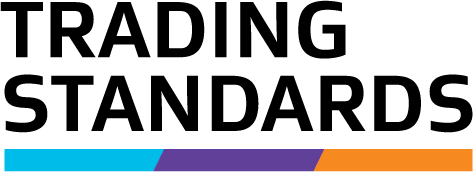Protection for fuel consumers
Fuel consumers in New Zealand are protected by legislation, regulation, and the fuel quality monitoring scheme.
Legislative protection for consumers
Consumer Guarantees Act
Under the Consumer Guarantees Act, goods that are normally bought for personal use must be of an acceptable quality, "fit for purpose", free of minor defects and safe. These guarantees apply to fuel.
Fair Trading Act
The Fair Trading Act states that companies can't misrepresent the qualities of a product they sell you. So, for example, it’s illegal to sell petrol labelled as Premium Unleaded when it's really Unleaded 91.
Fuel Quality Regulations
The Engine Fuel Specifications Regulations govern important properties of petrol and diesel. These regulations describe the most important performance properties of your fuel, such as the octane number. They also specify limits for components that could harm you, your vehicle or the environment — such as aromatics, lead and sulphur.
See Information about fuel for more information.
Fuel quality monitoring
The regulations specify the quality of fuel to be supplied to customers. Trading Standards (part of the Ministry of Business, Innovation and Employment) tests petrol and diesel samples from retail outlets to ensure oil companies are complying with these regulations.
See How fuel is monitored in New Zealand for more information.
Complaints about fuel quality
Trading Standards also responds to complaints and enquiries from fuel consumers and stakeholders.
If you think there's a problem with your fuel, contact the service station or oil company that sold it to you. You can also lay a complaint with Trading Standards, who will follow it up with the oil company concerned.
See Making a complaint or enquiry for more information.
